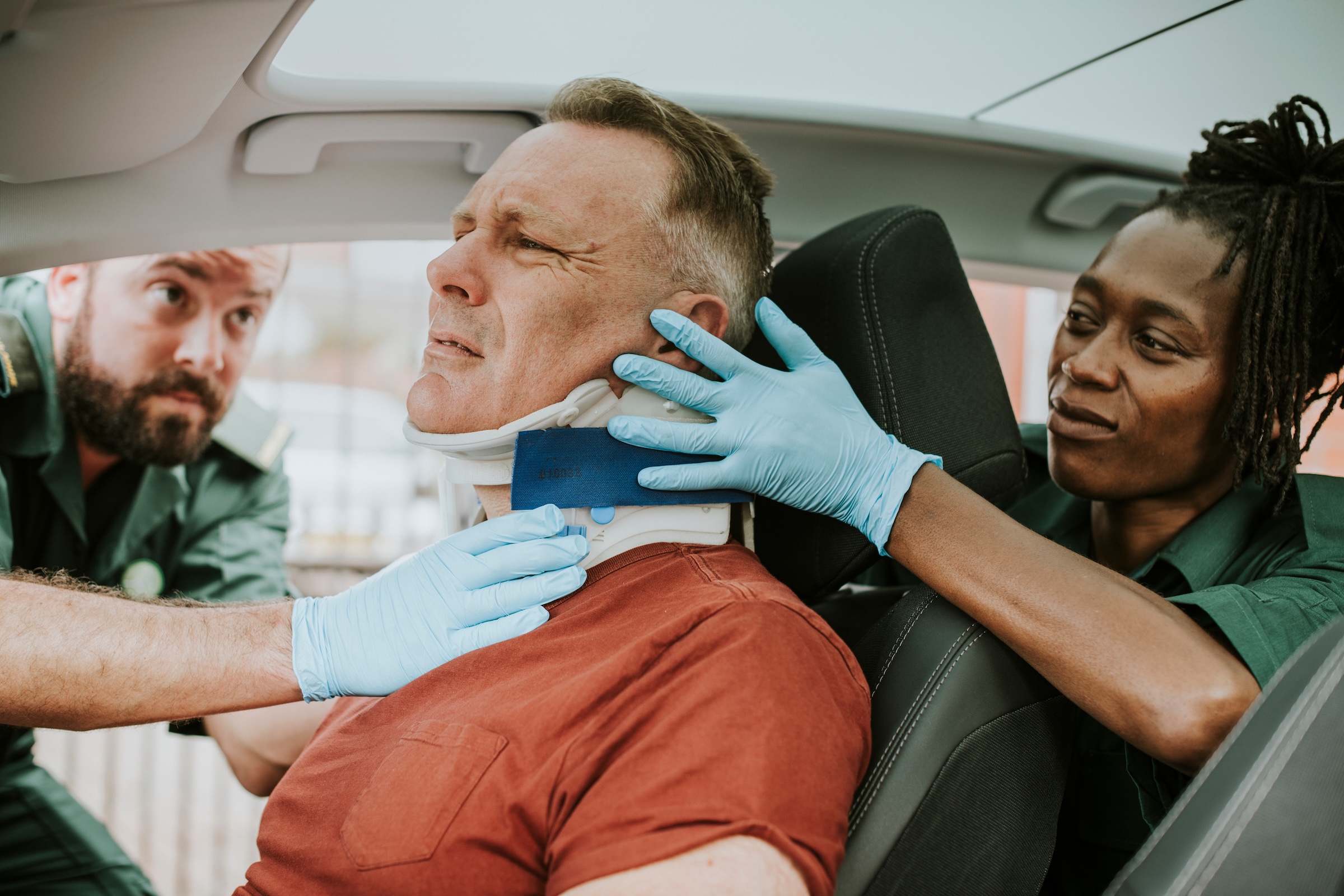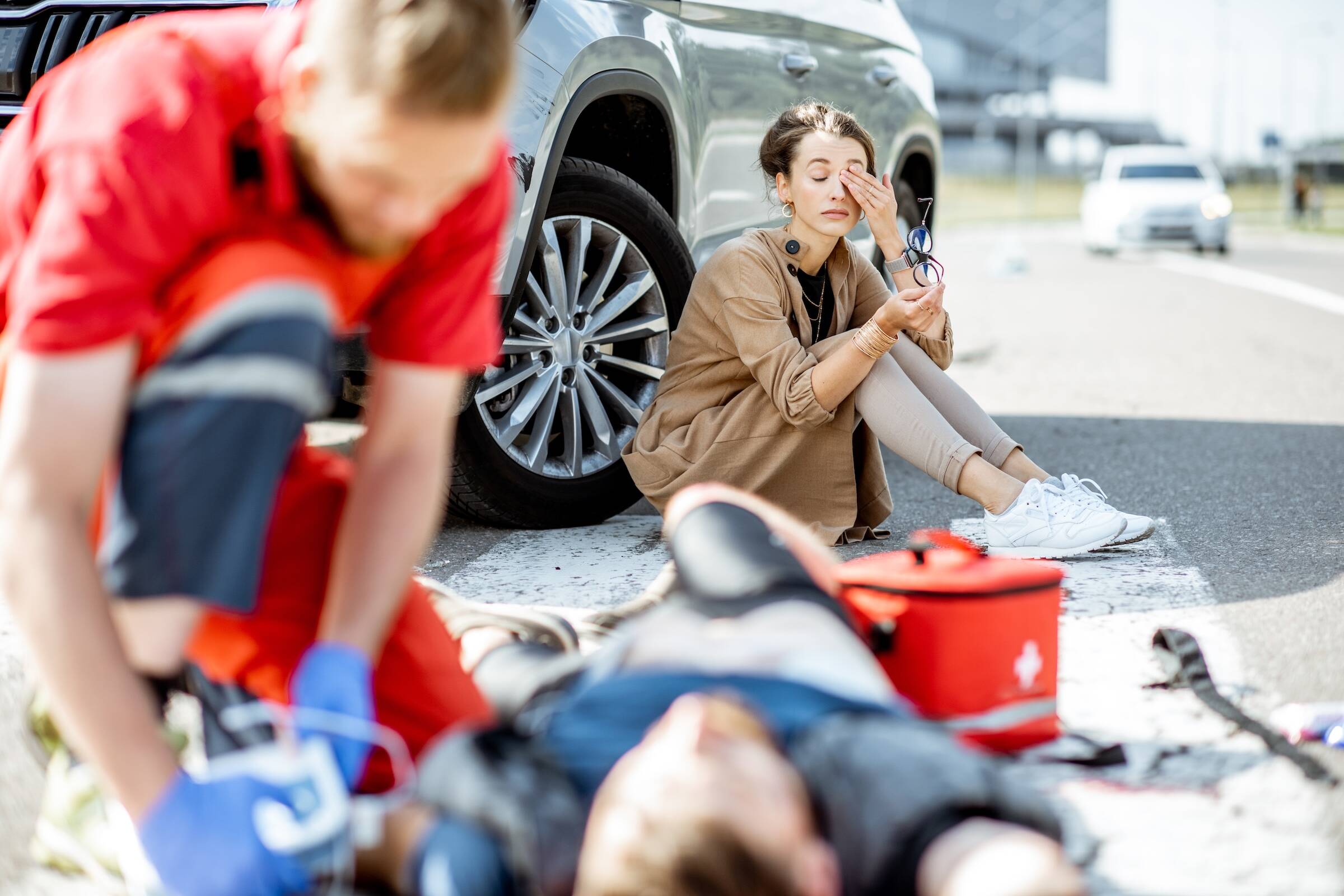Hit by an Uber or Lyft Driver? You Might Be Entitled to a Cash Settlement
Getting in a car accident is stressful enough. But when the driver who hit you is working for Uber or Lyft? That adds a whole new level of confusion. Are they considered a commercial driver? Who’s responsible for the damages—the driver or the rideshare company? And most importantly, do you have a case?
If you’ve been in a crash with a rideshare vehicle, there’s a good chance the answer is yes. You may be entitled to a cash settlement, and it could be bigger than you think. But the window to act is short—and rideshare companies don’t exactly go out of their way to help victims figure out their options.
This is where Whiplash Wealth can step in and make it easy. But first, let’s walk through what makes Uber and Lyft accidents different, how to prove the driver was on the clock, and how to protect your legal rights from Day 1.
Uber and Lyft Drivers Are Commercial Drivers—Even in Their Own Cars
One of the biggest misconceptions people have is that Uber and Lyft drivers are “just regular people” behind the wheel. And while that’s true in the sense that they use personal vehicles, the second they turn on the app and start taking passengers or deliveries, they’re operating as commercial drivers. That’s a legal distinction that matters.
Because they’re driving for work, that opens the door to a completely different insurance setup. Most rideshare platforms have multi-million-dollar policies that kick in when a crash happens—but only under certain conditions. So the key is proving whether the driver was:
-
Offline and not working (personal insurance applies)
-
Online and waiting for a ride (partial coverage kicks in)
-
En route to pick someone up or actively driving a passenger (full commercial policy applies)
If your crash happened during that third phase—you’re most likely covered under their full $1M policy. But don’t expect Uber or Lyft to volunteer that info. You need someone in your corner who knows how to prove the timeline and trigger the right coverage.
Why These Cases Can Lead to Bigger Settlements
Unlike a typical crash with another driver, an accident involving a rideshare vehicle often opens the door to higher compensation. That’s because the insurance limits are higher and the companies behind them are worth billions. If you’ve been hurt in a rideshare crash, your potential claim could include:
-
Emergency medical bills and hospital stays
-
Follow-up visits, therapy, and prescriptions
-
Lost income while you recover
-
Reduced ability to work in the future
-
Pain and suffering, emotional trauma, or PTSD
-
Long-term rehabilitation or surgeries
Even if your injuries don’t seem major right away, they can get worse with time. Things like whiplash, nerve damage, or back issues can take days to flare up. And when they do, they can seriously derail your life—not just physically, but financially. That’s why it’s so important to document everything early and talk to a lawyer before accepting any lowball offers.
Who’s Actually Liable—The Driver or the Rideshare Company?
This is where it gets tricky—and where a lot of victims get overwhelmed. Technically, Uber and Lyft call their drivers “independent contractors,” not employees. That’s their way of trying to dodge responsibility. But in reality, if the driver was logged in and working, the company can still be held liable through its insurance coverage.
Liability can depend on:
-
Whether the driver was logged into the app
-
Whether they had a passenger in the car
-
Whether they were heading to or from a ride request
In many cases, even if the driver wasn’t carrying a passenger yet, the platform still provides some level of coverage. But again—figuring that out is not your job. That’s where a skilled accident attorney can help you pin down the facts, build a case, and hold the right party accountable.
What If You Were a Passenger in the Uber or Lyft?
If you were inside the rideshare vehicle during the crash, that changes things—but in a good way. You’re almost always covered as a passenger under the platform’s policy, regardless of who caused the crash.
That means:
-
If another car caused the accident, the rideshare company may cover you
-
If your driver caused the crash, the rideshare company will cover you
-
If multiple vehicles were involved, your lawyer can go after all responsible parties
This puts you in a strong legal position. You didn’t cause the accident, and the coverage is already built into the system. The key is making sure your injuries, expenses, and experience are properly documented—so the full picture of your suffering is clear and provable.
What You Should Do Right After the Crash
Timing is everything in these cases. The longer you wait, the harder it gets to build a strong claim. If you were hit by an Uber or Lyft driver—or were riding in one that crashed—here’s what you need to do:
-
Get medical attention immediately, even if the injuries feel “minor”
-
Take photos of the cars, your injuries, and the surrounding scene
-
Get the driver’s name, license plate, and screenshot their app status if possible
-
Ask for a copy of the police report
-
Do NOT accept early settlement offers from any insurance company
-
Connect with a legal expert ASAP
The more info you gather up front, the easier it’ll be for your attorney to push for a settlement that actually reflects what you’ve been through.
Whiplash Wealth is built for this exact kind of situation. We connect you with attorneys who know the ins and outs of rideshare accidents—people who’ve taken on the big players and won. And we do it fast. No endless calls, no confusion. Just real help when you need it most.
If you’ve been hit by a rideshare driver or were injured while riding in one, you could be eligible for way more than you think. Let us match you with the right attorney now—before the clock runs out.




